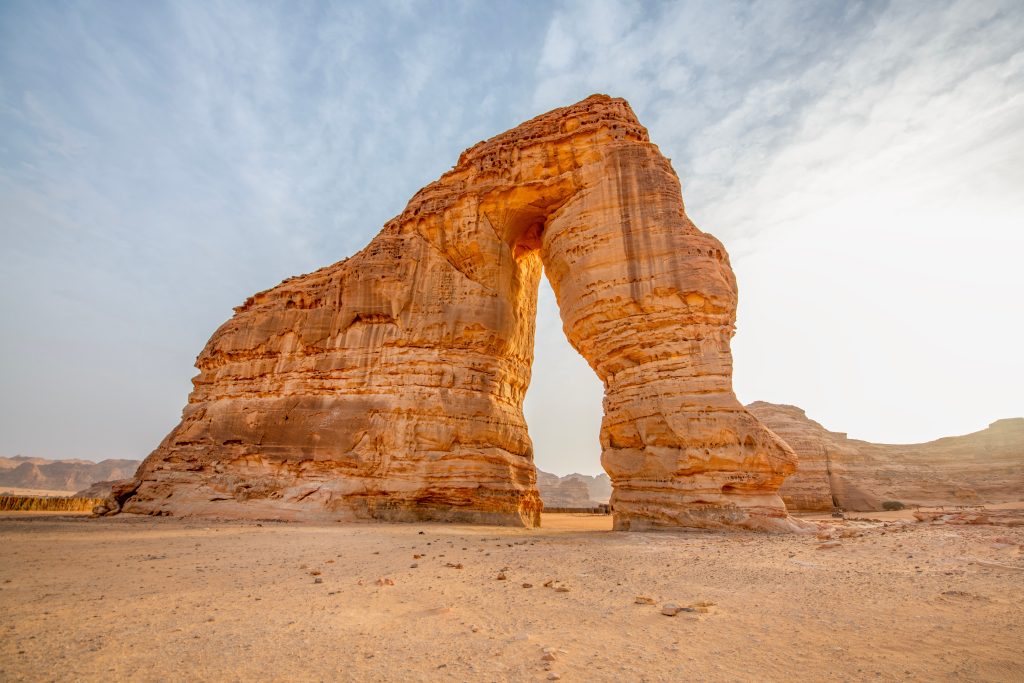Samer Al-Kharashi, Director of the UNWTO Regional Office for the Middle East, emphasized Saudi Arabia’s pivotal role in advancing regional tourism and promoting sustainability.
In an interview, Al-Kharashi highlighted Saudi Arabia’s commitment to economic growth through tourism, noting the Kingdom’s hosting of the UNWTO office. He pointed out that the Middle East saw a significant increase in international tourist arrivals, leading global tourism recovery.
He stressed that Saudi Arabia’s mega-projects, part of Vision 2030, aim to diversify the economy and align with the UN’s Sustainable Development Goals, focusing on sustainable tourism and cultural preservation.
Al-Kharashi praised Saudi Arabia’s progress in sustainable tourism, citing a UNWTO report. He noted the Riyadh office’s contributions to regional tourism, including capacity building, competitiveness enhancement, and public-private partnerships.
The office supports initiatives like skill development and sustainable tourism practices to ensure long-term growth. Al-Kharashi mentioned that the Middle East recorded a 36% increase in tourist arrivals compared to pre-pandemic levels in early 2024, reflecting strong recovery.
Tourism is crucial for global employment, providing jobs for 1 in 10 people worldwide. The UNWTO focuses on sustainable development, high-quality employment, and innovation.
Al-Kharashi highlighted the UNWTO’s initiatives in the region, including human capital development, green infrastructure investments, and economic growth through innovation. These efforts align with Saudi Arabia’s Green programs.
The UNWTO’s SDGs Tourism Platform offers resources on sustainable practices. The Organization also promotes green investments, as seen in Saudi Arabia’s reforestation projects under SDG 15.
The UNWTO’s regional office in Saudi Arabia plays a critical role in shaping the future of Middle Eastern tourism. It fosters collaboration between public and private sectors, boosting tourism capacity and development.
Al-Kharashi noted initiatives like the Tourism Tech Mentorship Program in Al-Ula, which cultivates future tourism leaders. He emphasized Saudi Arabia’s commitment to diversifying its economy and positioning the Middle East as a top global tourism destination.
The UNWTO supports the region’s 13 member countries and collaborates with 45 affiliated members. It promotes education, skill development, and rural tourism to advance the sector.
Saudi Arabia’s ambitious goal of attracting 150 million visitors annually by 2030 underscores its promising tourism development. To achieve this, the UNWTO and Saudi Arabia have established initiatives like the “Jobs Factory” and “Tourism Labor Market Observatory” to enhance workforce skills.
The UNWTO recognized Rijal Alma and AlUla in its “Best Tourism Villages” competition, highlighting Saudi Arabia’s commitment to cultural and natural heritage preservation.
Saudi Arabia’s mega-projects, part of Vision 2030, aim to transform the region and the global tourism landscape. Successful bids for major events like the 2034 FIFA World Cup and Expo 2030, along with ambitious projects, are set to position Saudi Arabia as a major global tourism player.
